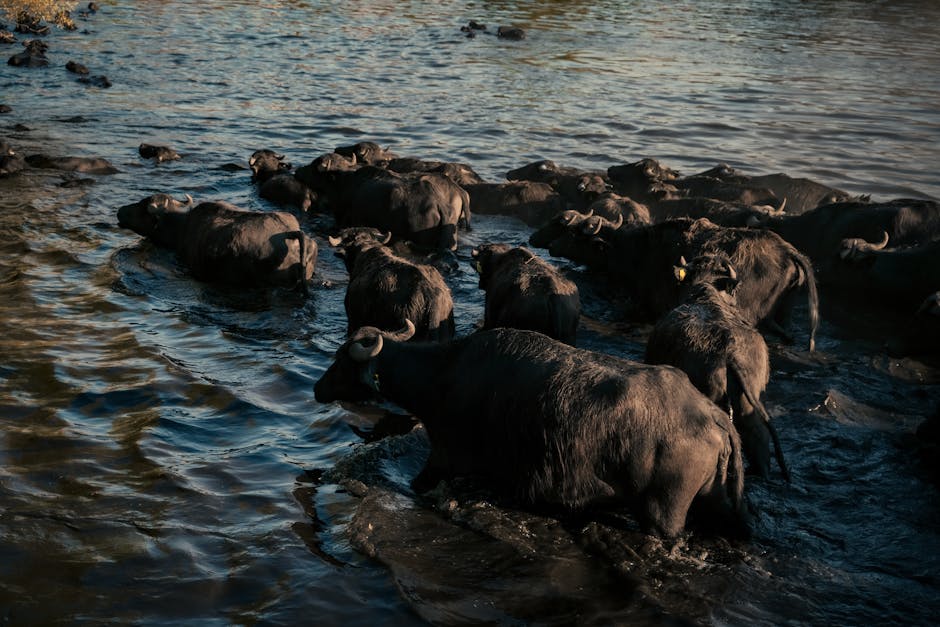Optimizing water usage in farming encompasses a multi-faceted strategy, starting with a holistic understanding of local water conditions and crop needs. A detailed analysis of soil type, rainfall patterns, and evapotranspiration rates is foundational. This foundational knowledge allows farmers to craft tailored irrigation plans that align with specific farm conditions. Understanding the nuances of individual cropstheir water requirements at different growth stages, susceptibility to water stressis critical for efficient water management.
Precision irrigation systems offer a significant leap forward in water conservation. Shifting from conventional flood or furrow irrigation to more precise methods like drip irrigation and sprinkler systems minimizes water loss from runoff and evaporation. Drip irrigation, for instance, delivers water directly to the plant roots, significantly reducing water wastage. Sprinkler systems, strategically designed, ensure even distribution of water, preventing waterlogging in some areas and ensuring adequate hydration in others.
Crop selection plays a pivotal role in water-wise agriculture. Opting for drought-tolerant varieties can drastically reduce water consumption. These cultivars have evolved natural mechanisms for conserving water, reducing the reliance on supplemental irrigation. Local adaptation of existing, well-proven crops is also key. Crop rotation, a time-honored technique, also promotes water conservation. Different crops extract water from the soil at varying rates and depths. Rotation balances water usage, improves soil health, and fosters a more sustainable agricultural ecosystem.
Beyond irrigation techniques and crop selection, effective soil management is indispensable. Improving soil structure, particularly its ability to retain water, greatly reduces the need for frequent irrigation. Adding organic matter to the soil increases its water-holding capacity. Techniques like mulching further support this process. Mulch layers help retain moisture in the soil, reducing evaporation and the need for additional watering.
Integrated pest management (IPM) strategies also contribute to water conservation. Addressing pest issues with sustainable methods, including biological controls and targeted pesticide applications, reduces the necessity for frequent irrigation, as pests often thrive in saturated soil conditions. This reduces the overall water footprint of agricultural operations.
The integration of modern technology provides further opportunities for water optimization. Sensors and automated systems that monitor soil moisture levels and weather patterns allow for precisely timed irrigation, minimizing water waste. Remote sensing technology facilitates real-time monitoring of crop health, allowing for precise watering adjustments to suit specific plant needs.
Educating farmers on efficient water management techniques and providing access to resources and training is crucial. Awareness campaigns, workshops, and knowledge sharing platforms can equip farmers with the latest information and best practices. Government initiatives, alongside collaborations between research institutions and farm communities, are essential for fostering a culture of water conservation in agriculture.
Water harvesting and storage systems are vital for ensuring a water supply during periods of low rainfall. Collecting rainwater runoff and storing it for later use can significantly reduce reliance on well water or surface water sources. Using rainwater harvesting techniques and water storage facilities like reservoirs and ponds can supplement irrigation needs during dry spells.
Evaluating water use efficiency through the calculation and monitoring of water productivity is essential. Tracking water use per unit of crop output provides a baseline for measuring progress and identifying areas for improvement. Implementing water accounting systems to track water input and output allows farmers to analyze their water usage patterns.
Finally, adopting water-efficient livestock management practices is critical. Efficient feeding strategies and the management of waste streams within the farm system can contribute meaningfully to overall water conservation in agriculture. Restricting overgrazing practices, which can lead to soil erosion and water contamination, is also crucial.
Water conservation in agriculture is not merely a technical undertaking; it is a significant societal responsibility. By adopting sustainable practices, agricultural communities can contribute to preserving this vital resource for current and future generations. Implementing these comprehensive strategiesfrom precise irrigation and drought-resistant crops to improved soil management and technological advancementscan ensure that agriculture flourishes sustainably. Ultimately, this commitment paves the path for a more environmentally conscious and water-secure future for farming worldwide.












